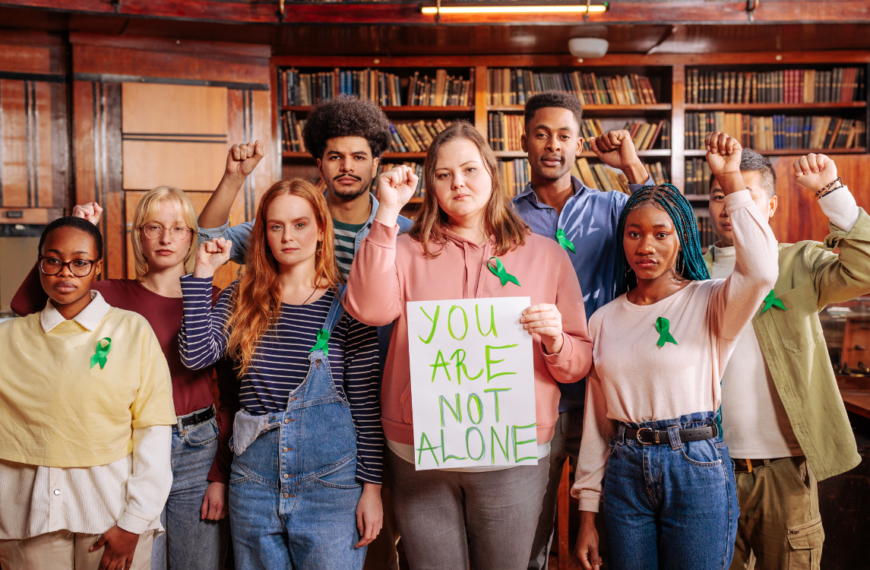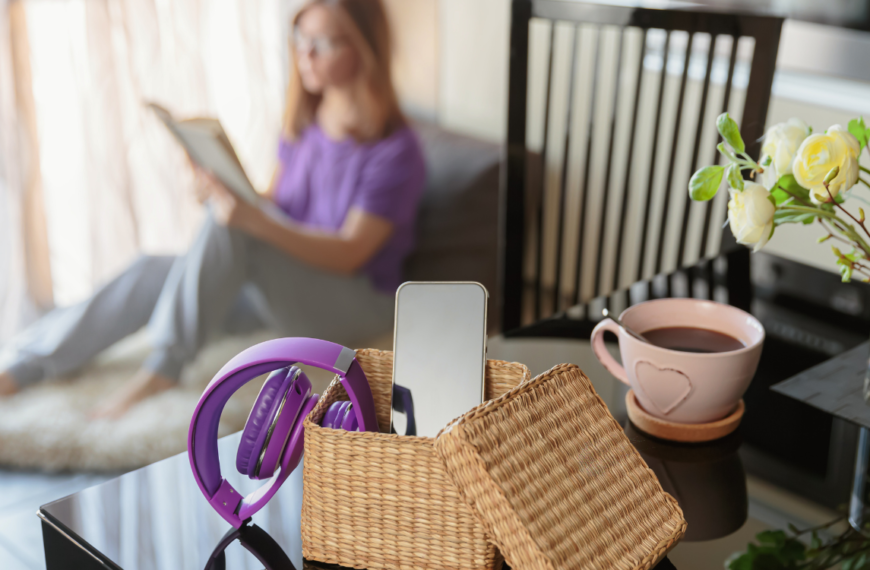Anxiety is a common experience, often triggered by stress, uncertainty, or overwhelming situations. While everyone feels anxious from time to time, for some, it can be a daily struggle that impacts their well-being. Learning how to manage anxiety effectively can make a huge difference in your quality of life. This blog post explores practical tips and tools to cope with anxiety in everyday situations.
1. Understanding Anxiety
Before diving into coping strategies, it’s essential to understand what anxiety is. Anxiety is a natural stress response, often manifesting as fear, worry, or nervousness. It can lead to physical symptoms such as an increased heart rate, shortness of breath, sweating, or even dizziness.
While some anxiety is normal, especially in stressful situations, chronic anxiety can be overwhelming and debilitating. It can affect your relationships, work, and overall mental health. But with the right tools, you can manage it and regain control over your emotional well-being.
2. Mindfulness and Grounding Techniques
Mindfulness is a powerful tool for managing anxiety. By staying present and focusing on the moment, you can prevent your mind from spiraling into negative thoughts about the past or future.
How to practice mindfulness:
- Focus on your breathing. Take deep, slow breaths, and pay attention to how your body feels as you inhale and exhale.
- Body scan. Pay attention to different parts of your body, starting from your feet and moving upwards. Notice any tension or discomfort and consciously relax those muscles.
- Engage your senses. Ground yourself by focusing on what you can see, hear, smell, taste, or feel in your surroundings.
These grounding techniques help bring your attention back to the present moment, interrupting anxious thoughts and helping you regain control.
3. Exercise and Physical Activity
Physical activity is an excellent way to combat anxiety. When you exercise, your brain releases endorphins—chemicals that act as natural mood lifters. Exercise also reduces the level of stress hormones, like cortisol, and helps you feel more relaxed.
You don’t need to run a marathon to experience the benefits. Simple activities like walking, stretching, or yoga can help reduce anxiety and improve your mood.
Types of exercises to consider:
- Cardio: Activities like walking, jogging, or swimming can help release built-up energy and anxiety.
- Yoga: The combination of movement, deep breathing, and mindfulness in yoga makes it a great tool for managing anxiety.
- Strength training: Lifting weights or using resistance bands can help focus your mind and reduce tension in the body.
4. Limit Caffeine and Alcohol
While a cup of coffee or a glass of wine might seem like an easy way to manage stress, both caffeine and alcohol can exacerbate anxiety. Caffeine is a stimulant that can increase heart rate and lead to restlessness, while alcohol, though it initially has calming effects, can interfere with sleep and worsen anxiety symptoms in the long run.
Instead, opt for calming drinks like herbal teas, such as chamomile or peppermint, which promote relaxation and soothe the mind.
5. Establish a Routine
Having a daily routine provides structure and predictability, which can help reduce anxiety. When you know what to expect during the day, it eliminates unnecessary stress and gives you a sense of control.
Tips for creating a routine:
- Set a consistent wake-up and sleep time. Getting enough rest is crucial for managing anxiety.
- Schedule time for self-care. Dedicate time each day for activities that help you relax and recharge.
- Break tasks into manageable steps. When you’re anxious, large tasks can feel overwhelming. Breaking them into smaller, achievable steps can make them more manageable.
6. Journaling
Writing down your thoughts can help you process emotions and identify patterns in your anxiety. Journaling allows you to reflect on what triggers your anxiety and how you respond to it. Over time, you may notice trends that can help you anticipate and manage your anxiety more effectively.
How to start journaling:
- Set aside time each day. Even if it’s just 5-10 minutes, make it a habit.
- Write about your feelings. Be honest and open about what’s causing you stress or anxiety.
- Reflect on your progress. Look back on previous entries to see how you’ve grown or how certain coping strategies have worked.
7. Practice Self-Compassion
Anxiety can sometimes make us overly critical of ourselves. You might blame yourself for feeling anxious or think that you should “just get over it.” These thoughts can fuel more anxiety and make it harder to cope.
Instead, practice self-compassion. Treat yourself with kindness and understanding, just as you would support a friend going through a tough time. Recognize that anxiety is a common experience, and it’s okay to seek help when needed.
8. Connect with Others
Isolation can worsen anxiety, while social connection can have a calming and comforting effect. Reach out to friends or family members when you’re feeling anxious, or join a support group where you can share your experiences and learn from others facing similar challenges.
Talking about your anxiety can provide relief and help you feel less alone. Plus, your loved ones may offer new perspectives or coping strategies you hadn’t considered.
9. Seek Professional Help
While self-care strategies can be helpful, sometimes anxiety requires professional intervention. If your anxiety is interfering with your daily life, it may be time to seek help from a therapist or counselor.
Therapies for anxiety management include:
- Cognitive Behavioral Therapy (CBT): CBT helps you identify and challenge negative thought patterns that contribute to anxiety.
- Medication management: In some cases, medication can be an effective part of treatment, particularly when combined with therapy.
- Support groups: Sharing your experiences in a group setting can help normalize your feelings and provide a sense of community.
Conclusion
Coping with anxiety is an ongoing process, but with the right tools and strategies, it is possible to manage it effectively. Whether through mindfulness, exercise, journaling, or professional therapy, finding what works for you is key. Don’t hesitate to reach out for support, whether from loved ones or mental health professionals, as you navigate your path to emotional well-being.
Key Takeaways:
- Practice mindfulness and grounding techniques to stay present.
- Incorporate regular physical activity to reduce anxiety.
- Limit caffeine and alcohol, as they can worsen anxiety.
- Establish a daily routine for structure and predictability.
- Consider journaling to process your thoughts and emotions.
- Be kind to yourself and practice self-compassion.
- Stay connected with friends, family, or support groups.
- Seek professional help if anxiety becomes overwhelming.
By implementing these tools, you can effectively manage your anxiety and lead a more balanced and fulfilling life.

















